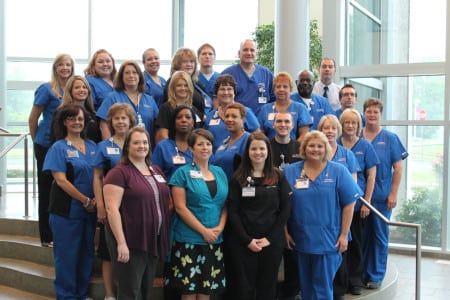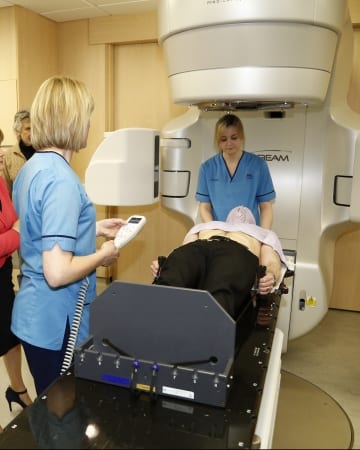Cancer and life-changing diagnoses requiring radiotherapy are terrifying. The sudden jolt of uncertainty is overwhelming, and the chaos of treatment leads to even higher levels of stress. While radiotherapy treatments have improved over time, the complexity of a care team may lead to confusion. Between your primary care physician (PCP), nutritionist, oncologist, physical therapist and other care team members, understanding the role of your doctor only grows more confusing.
Depending on your diagnosis, surgical options may be combined with targeted radiotherapy treatment, or a radiotherapy-exclusive treatment may be optimal. In addition, the person in charge of radiotherapy treatment is only one part of the multidisciplinary care team, working to provide comprehensive care for your body, mind and soul. In creating a comprehensive treatment plan, the title, “doctor,” may be applied across numerous professionals beyond a traditional Medical Doctor (MD). That’s excluding an entire group of other professionals, including radiation specialty nurses, social workers, dietitians and psychologists, that may be involved in devising and implementing the best treatment plan possible.
To help you navigate the complex process of planning for, receiving and following up after radiotherapy, let’s take a closer look at different professionals that specialize in radiotherapy, where they may work, who they work with as part of the care team and what to expect.






